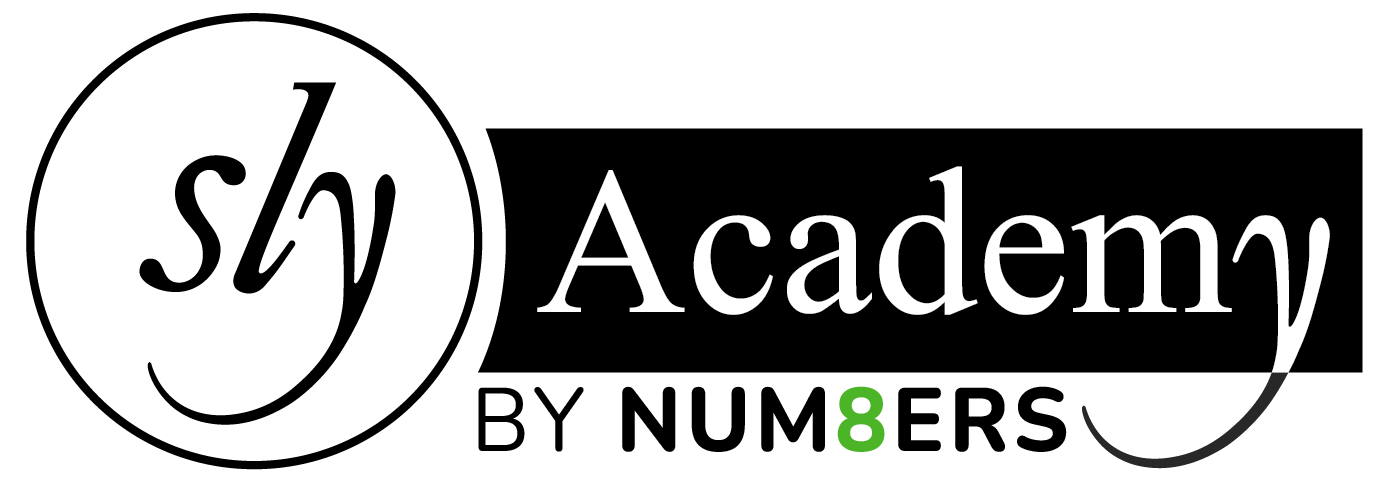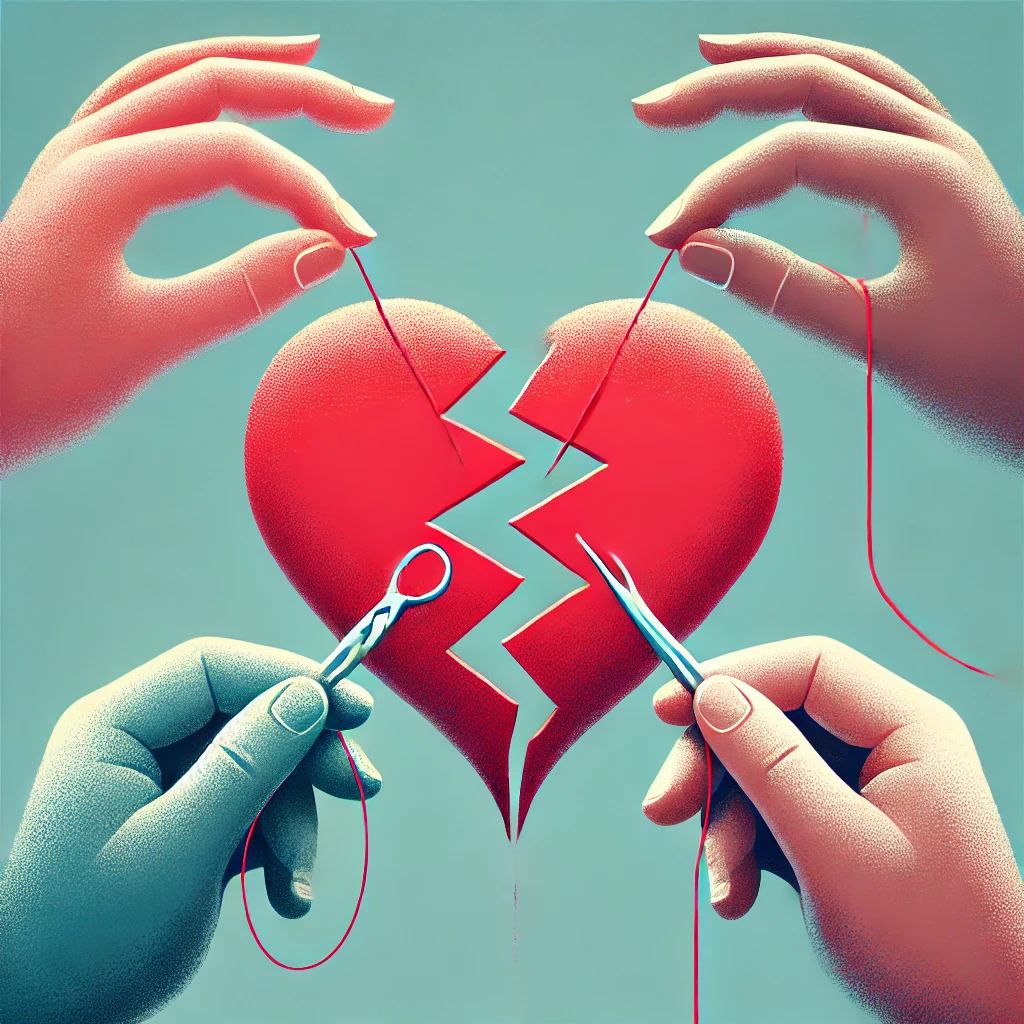The Role of Family in Addiction Recovery: How Families Can Help and Heal
Addiction is a complex and challenging disease that doesn’t just affect the individual struggling with substance use—it impacts every member of the family. In fact, addiction is often referred to as a “family disease” due to the ripple effect it creates, disrupting family dynamics, relationships, and the overall well-being of the household. At slyacademy.com, we recognize that for addiction recovery to be successful, the entire family must be involved in the healing process.
How Addiction Impacts Family Dynamics
When someone in the family struggles with addiction, everyone in the household may take on different roles, often subconsciously, to cope. These roles can become unhealthy patterns that prolong dysfunction and hinder the recovery process.
1. The Hero
The hero strives for perfectionism, success, and achievements in an effort to distract from the challenges of addiction. Their goal is to give the family someone to be proud of, even while their loved one battles substance use disorder.
2. The Enabler
The enabler tries to “help” the person with addiction by providing financial support, transportation, or shelter. While these actions are often driven by good intentions, they can actually make it easier for the person with addiction to continue using substances.
3. The Mascot
The family “comedian” uses humor to deflect their pain and distract others from the seriousness of addiction. Unfortunately, this coping mechanism can mask the deep emotional toll the situation takes on them and may even lead to substance abuse in the future.
4. The Lost Child
The lost child often withdraws and isolates themselves, feeling forgotten amid the chaos of addiction. This role can lead to feelings of neglect, loneliness, and an increased risk of developing their own substance use issues.
5. The Scapegoat
The scapegoat often gets blamed for problems within the family and may engage in rebellious behavior to seek attention. While they may appear to be acting out, their actions are often a reflection of deep-seated pain.
6. The Sufferer
At the center of it all is the person struggling with addiction, whose behaviors create a cascade of reactions within the family unit. Their substance use disorder can lead to a cycle of conflict, stress, and strained relationships.
Healing Together: Family Recovery and Therapy
Family therapy is a critical component of the recovery journey. It provides a space for all family members to process their feelings, learn healthy coping strategies, and rebuild trust. Here are some key elements of family therapy in addiction recovery:
Communication
Effective communication often breaks down when addiction is present in a family. Family therapy helps establish healthy communication patterns, allowing members to express their feelings and concerns without judgment or conflict.
Managing Resentments
Resentments can fester in families affected by addiction. Therapy provides an opportunity to identify and address these feelings, creating a pathway for healing and understanding.
Accountability
Living in survival mode can make it difficult for family members to take responsibility for their actions. Therapy encourages accountability, which fosters respect and honesty within the family.
Rebuilding Trust
Addiction often shatters trust, but therapy can help families engage in trust-building exercises and open dialogues to mend relationships and restore faith in one another.
Setting Healthy Boundaries
Establishing and respecting boundaries is crucial for family recovery. Boundaries protect both the person in recovery and the family members from falling into old, unhealthy patterns. Examples of healthy boundaries include:
- Treating each other with respect and kindness
- Learning to say “no”
- Prioritizing personal values and self-care
- Refusing to provide financial support that could enable substance use
- Offering help through addiction treatment programs when the person is ready
The Power of Support and Involvement
Family support plays a vital role in the recovery process. Being involved in a loved one’s treatment journey—through therapy sessions, support groups, or simply showing emotional support—can significantly improve recovery outcomes. Even if you are geographically distant or facing strained relationships, participating in support groups and understanding the nature of addiction can create a foundation for healing.







